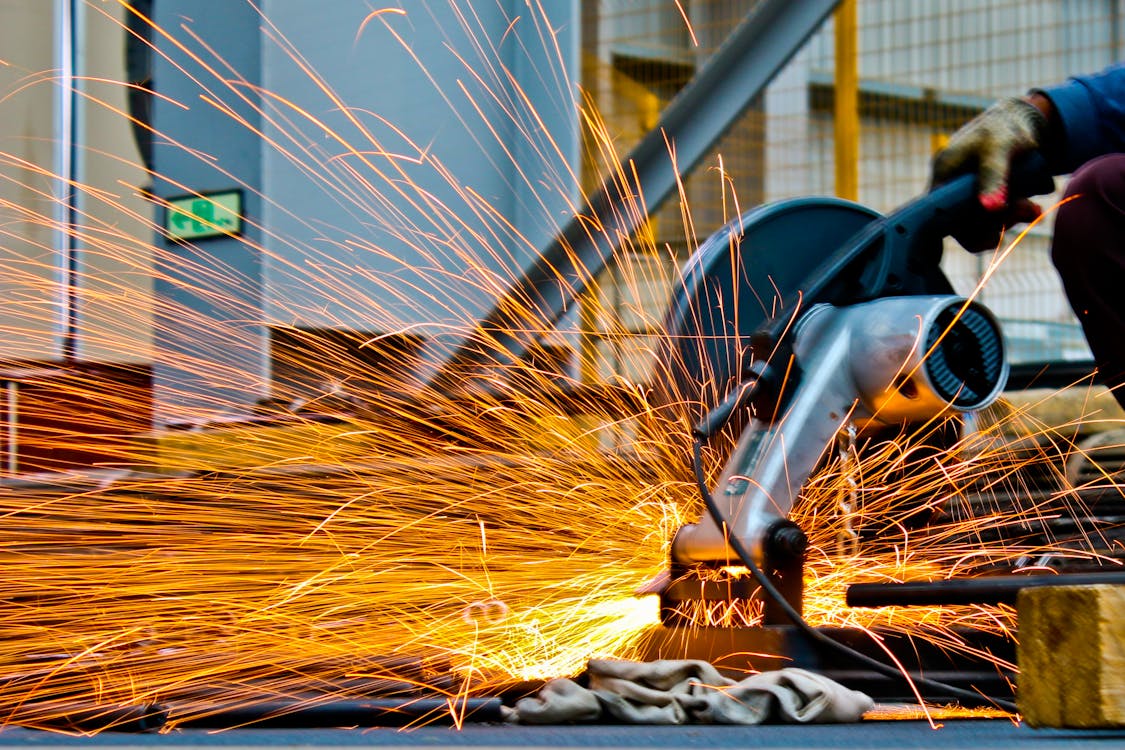Fire Watch News: New Legislation For “Hot Work”

Table of Contents
Share the Post:
Search
Categories
Popular posts
- Fire Safety Checklist for Residential Properties: A Comprehensive Guide for Landlords and Property Managers
- How To Become A Fire Watch Guard In California
- The High Cost of Construction Fires: Why Fire Watch is a Smart Investment
- Fire Safety Checklist for Construction Teams in Washington
- Fire Watch for Schools: What You Need to Know
